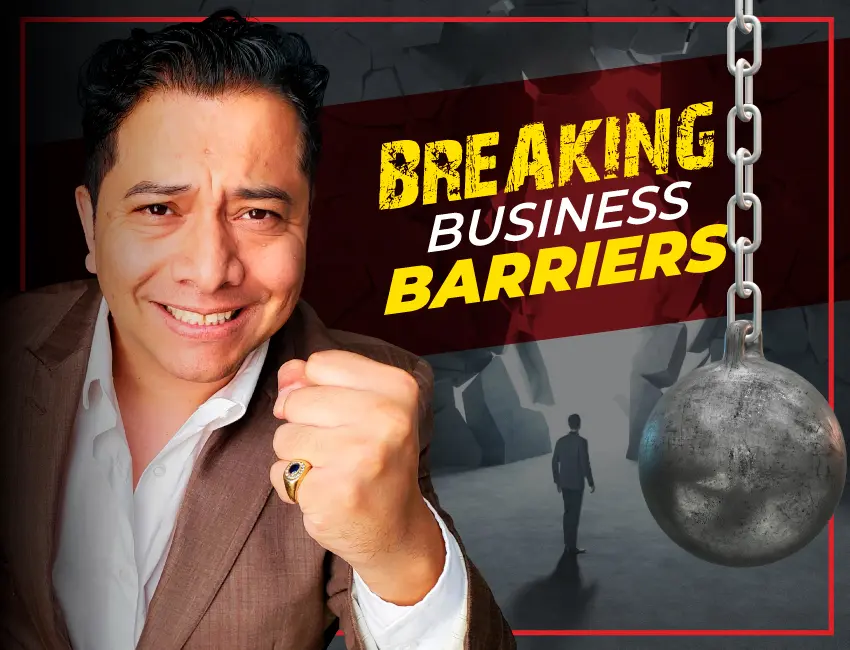13 Proven Strategies to Boost Your Professional Reputation

Excel in your career with these top tactics
You put in the hard work. You’re efficient, well-organized, and consistently meet deadlines. You strive for growth and seek opportunities to expand your skill set. Yet, merely possessing these qualities isn’t enough to prove your competence
The harsh reality is that demonstrating competence is critical to advancing in your profession, whether you’re an aspiring entrepreneur seeking investors or aiming to climb the corporate ladder. In the competitive world of business, those who master the art of showcasing their competence come out on to
1- Gain Insight into Your Perception
There are two forms of competence: actual and perceived. Actual competence refers to your skill set, while perceived competence is how others evaluate your abilities. Before you can exhibit your competence, it’s essential to know how others perceive you
2- Leverage Confirmation Bia
Confirmation bias is a key concept that can help demonstrate competence. This is the tendency for people to interpret information in a way that confirms their beliefs. When you project confidence and competence, people tend to believe you possess those qualities. Conversely, if you display uncertainty or insecurity, your weaknesses may overshadow your strengths
3- Confidence is Key
Confirmation bias encourages us to act with assurance, but this is easier said than done. One effective approach to demonstrate competence is to take credit for your accomplishments. While being a team player is admirable, it’s crucial to ensure others are aware of your contributions if you aim to excel
4- The Power of Physicality
Demonstrating competence can be as simple as changing your physicality. Your body language can communicate your confidence and pride even when you’re not feeling it. Stand tall, take a deep breath, and smile. By changing your physiology, you can change your mindset
5- Emotional Intelligence
Mastering your emotions is a key factor in showing competence. By learning how to regulate your emotions, you can maintain a calm and collected demeanor in any situation. This will enable you to respond appropriately and demonstrate your competence without becoming overwhelmed
6- The Art of Speaking
Communication is key when it comes to demonstrating competence. Use powerful language and avoid hedging words like “maybe” or “perhaps.” Instead, use definitive language such as “will” and “must” to show your confidence and decisiveness. Speak clearly, confidently, and audibly to ensure your message is heard
7- The Right Amount of Image
While it’s important to look professional, dressing too extravagantly or expensively won’t necessarily demonstrate competence. Instead, focus on presenting yourself in a way that makes you feel confident and comfortable. This can include dressing appropriately for your job and taking care of your personal grooming
8- The Importance of First Impression
First impressions matter, and when it comes to demonstrating competence, it’s important to strike a balance between warmth and competence. By reading your audience and adapting your communication style accordingly, you can create a positive first impression that showcases your competence and confidence
9- Be Proactive
One of the best ways to demonstrate competence is to take initiative. Don’t wait for someone to tell you what to do. Instead, anticipate what needs to be done and take action. This shows that you’re proactive, resourceful and reliable. Even if your ideas or solutions aren’t perfect, you’ll earn respect for trying
10- Network Effectively
Networking is an essential skill for demonstrating competence. But it’s not about collecting business cards or superficial small talk. To build meaningful connections, you need to listen more than you speak. Ask thoughtful questions, share your expertise and find common ground. By building strong relationships, you’ll demonstrate your credibility and attract new opportunities
11- Stay Organized
Being organized is key to demonstrating competence. You can’t keep track of everything in your head. Make sure you keep a detailed calendar, to-do list or project plan. Use tools like Evernote or Trello to stay on top of your tasks. This way, you won’t miss deadlines or forget important details
12- Be Accountable
Accountability is a hallmark of competence. Admit when you make a mistake, take ownership of the situation and come up with solutions. Don’t blame others or make excuses. This shows that you’re reliable, trustworthy and committed to finding a resolution
13- Communicate Effectively
Communication is essential for demonstrating competence. But it’s not just about speaking clearly or using impressive vocabulary. To communicate effectively, you need to listen actively, understand your audience and tailor your message to their needs. Whether you’re giving a presentation, sending an email or having a conversation, focus on clarity, brevity and relevance. This will help you connect with others and demonstrate your expertise.



















